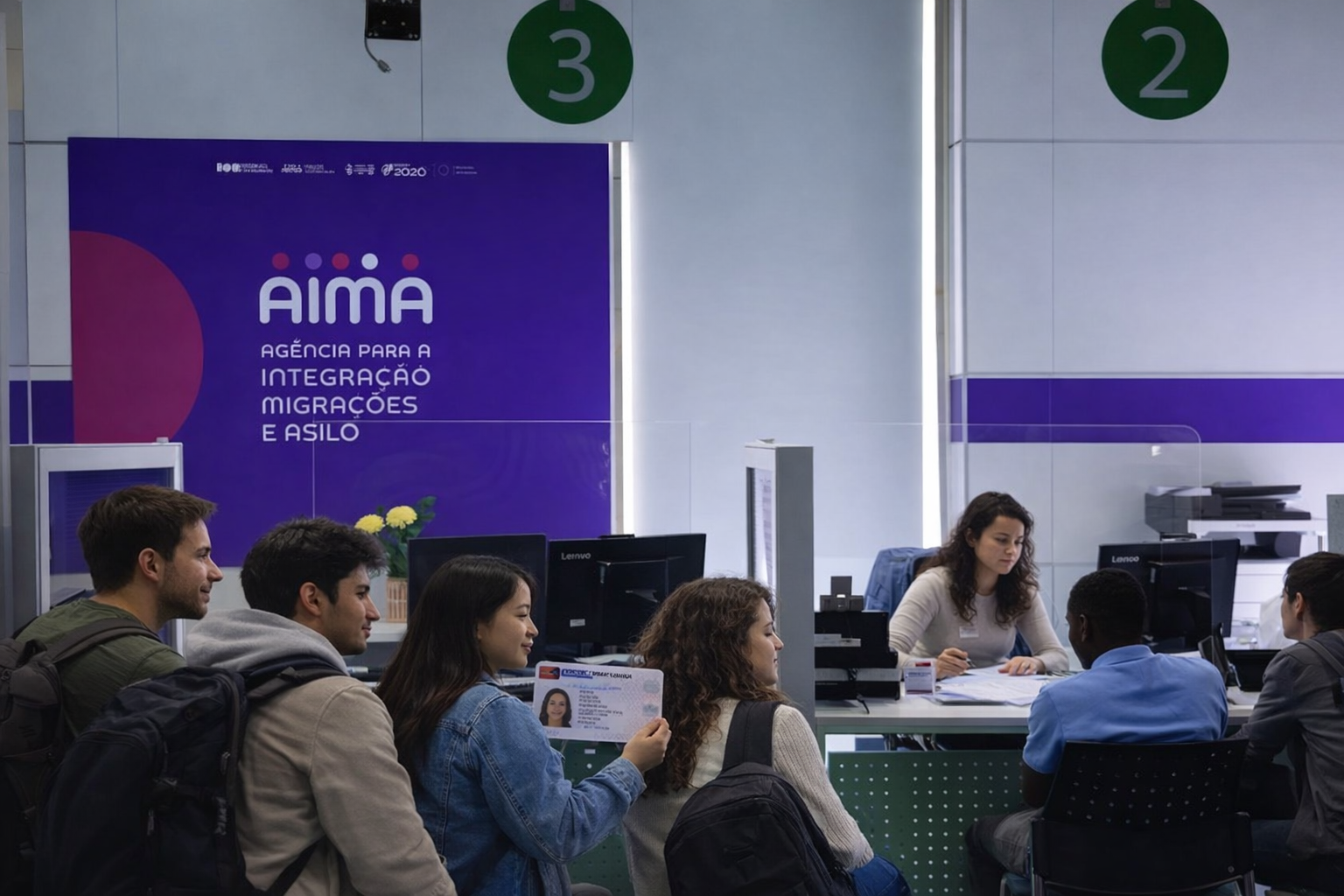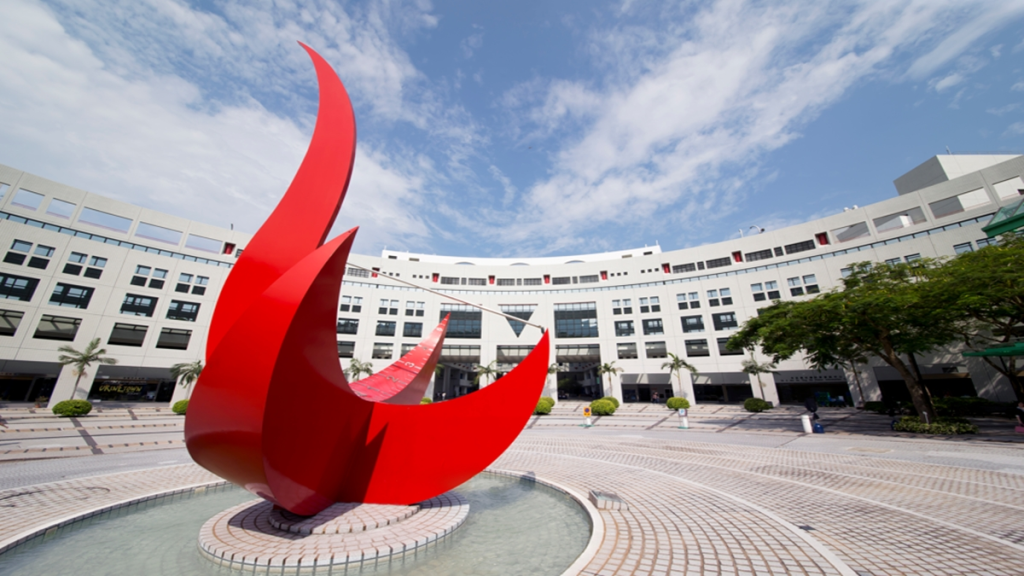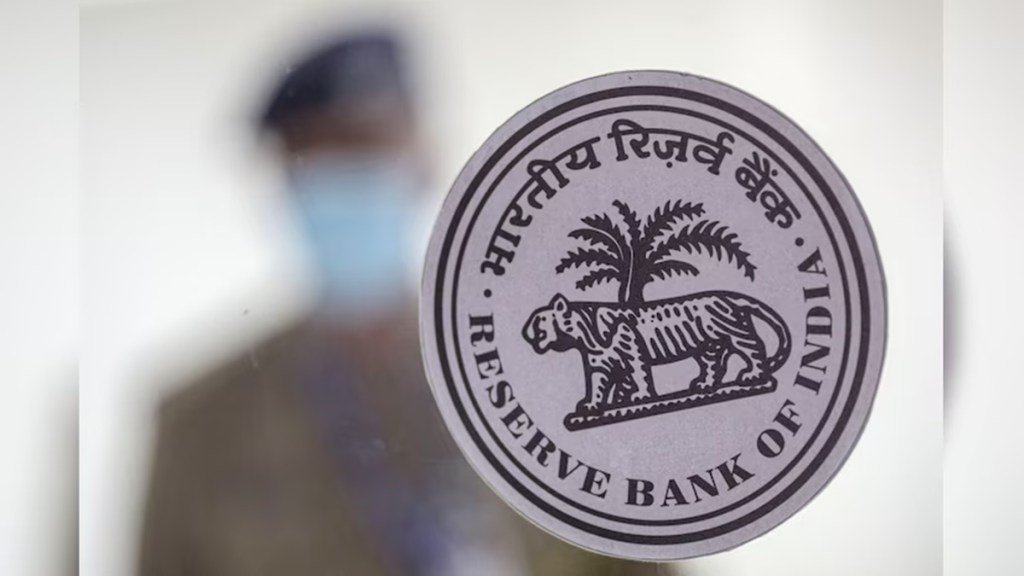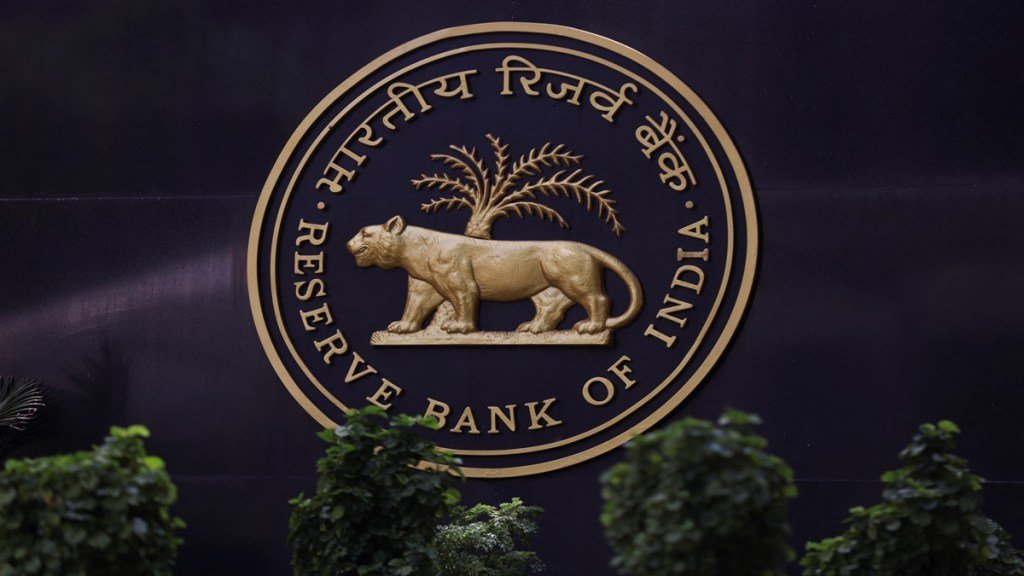
Studying in Portugal
Article 92 – Residence permit for secondary school students of QNQ 4 or 5 level qualification courses or of professional courses
Documents Required
To apply for a residence title, applicants must schedule an appointment via an electronic platform (which will soon be implemented for those holding residence visas) and submit the application in person using a standard form signed by the applicant or their legal representative. The application can be submitted at any SEF (Portuguese Immigration and Borders Service) directorate or regional delegation. After processing, the application will be forwarded to the appropriate directorate or regional delegation corresponding to the applicant’s place of residence.
The required documentation includes:
- Two recent, identical photographs: Colour photos with a plain background that are easily identifiable (only required for appointments at SEF offices in Odivelas, Aveiro, or Braga).
- Passport or other valid travel document.
- Valid residence visa: Issued under Article 62 of Law No. 23/2007 (REPSAE), unless applying under Article 92, Section 3, which may allow for visa exemption.
- Proof of sufficient financial means: As per Order No. 1563/2007, dated 11/12.
- Proof of adequate accommodation.
- Authorization for SEF to check the Portuguese criminal record: This is not required for applicants under the age of 16.
- In cases specified in Article 92, Section 3 of REPSAE, applicants must submit a criminal record certificate from their country of nationality or from any country where they have resided for more than a year (as per Article 53, Section 4 of Regulatory Decree 84/2007), unless the applicant is under 16 years of age.
Specific Documents
- Evidence of registration in a teaching institution
- Evidence of tuition payment required by the teaching institution, whenever applicable, attested by a declaration of the Teaching Institution.
- Health Insurance or evidence in which is covered by the National Health Service;
- The above documents will no longer be required to students who benefit from scholarships assigned by Camões – Instituto da Cooperação e da Língua, IP
- Applications submitted with visa exemption should have attached evidence of legal entry and stay in national territory
Notes
The granting of a residence permit is contingent on several conditions:
- Absence of Undisclosed Facts: There should be no facts that, if known to the competent authorities, would prevent the issuance of the residence permit.
- Clean Criminal Record: The applicant must not have any criminal convictions in Portugal for offenses punishable by a custodial sentence of more than one year.
- No Ban on Entry: The applicant must not be under a ban preventing entry into Portugal, particularly if they have been previously expelled from the country.
- Clearance in Schengen Information System: There must be no alerts or restrictions in the Schengen Information System regarding the applicant.
- No Flag in SEF’s Integrated Information System: The applicant must not be flagged in SEF’s system for non-admission purposes, as per Article 33 of the Aliens Act.
Additionally, in accordance with Article 92, n.º 2 of the Aliens Act, a student residence permit is valid for one year and can be renewed for subsequent one-year periods, as long as the conditions for the permit remain unchanged. This is a specific legal provision, and therefore, the amendments introduced to Article 75 of the Aliens Act under Article 192 of Act n.º 75-B/2020 (the State Budget for 2021) do not apply to student residence permits.
According to Article 97, n.º 1 of REPSAE, volunteers and secondary school students holding a residence permit are not allowed to engage in professional activities.
Finally, several administrative offenses are outlined under the Aliens Act, including:
- Article 192: Illegal Stay
- Article 197: No Entry Declaration
- Article 198: Unauthorized Independent Professional Activity
- Article 199: Absence of a Travel Document
These offenses carry legal consequences for non-compliance with immigration and residency regulations.
Citizens who receive scholarships awarded by the Portuguese State (such as those from Instituto Camões, FCT, or universities) are exempt from paying the reception and processing fees for residence applications. They are, however, still required to pay the permit issuance charges, as outlined in subparagraph d) of paragraph 2 of Article 210 of the REPSAE.




















